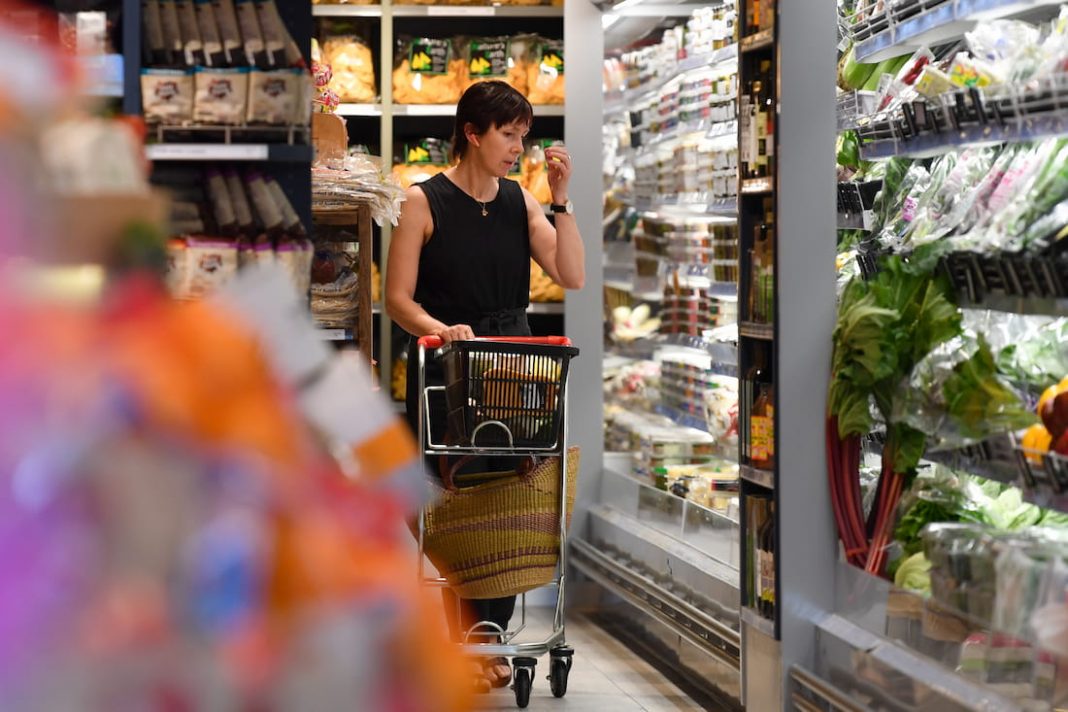Australia’s books are likely to show a $20 billion surplus for the last financial year thanks to higher tax revenue from a strong labour market and booming commodity exports.
But households should not expect extra cost-of-living relief as the government sticks to plans already unveiled in the past two budgets.
Treasurer Jim Chalmers confirmed on Monday the surplus could come in north of $20b – nearly five times bigger than the $4.2b forecast in the May budget.
The underlying cash balance for the year to May was $19b, with the improvement driven by lower unemployment, higher wages and strong commodity prices.
The budget is only expected to veer into the black temporarily, with deficits forecast in the next few financial years as big-ticket items such as defence, aged care, health and disability services weigh on government coffers.
The treasurer confirmed the stronger budget bottom line would not fund more cost-of-living relief for stretched households as the government tried to limit any further pressure on inflation.
“We’re not currently working on a new package of cost-of-living relief, we’re focused on rolling out billions of dollars in cost-of-living relief that we have already announced,” he said.
Energy bill relief was the centrepiece of the government’s cost-of-living response, along with initiatives to bring down the cost of medicines and make child care cheaper.
Dr Chalmers said by banking the upward revisions to revenue, the Labor government was helping to bring down inflation.
Improving the budget bottom line would also build up buffers the government could use to insulate the economy during future disruptions.
“The approach that we’ve taken is textbook fiscal policy in the circumstances, targeted relief for people but not at the expense of repairing the budget,” Dr Chalmers said.
Shadow treasurer Angus Taylor said Australia’s economy was shuddering to a halt.
He said the government had locked in an extra $185b of spending across two budgets and had broken promises with taxes on super, franking credits and small businesses.
Mr Taylor added people were paying more income tax because of bracket creep.
By Poppy Johnston in Canberra



